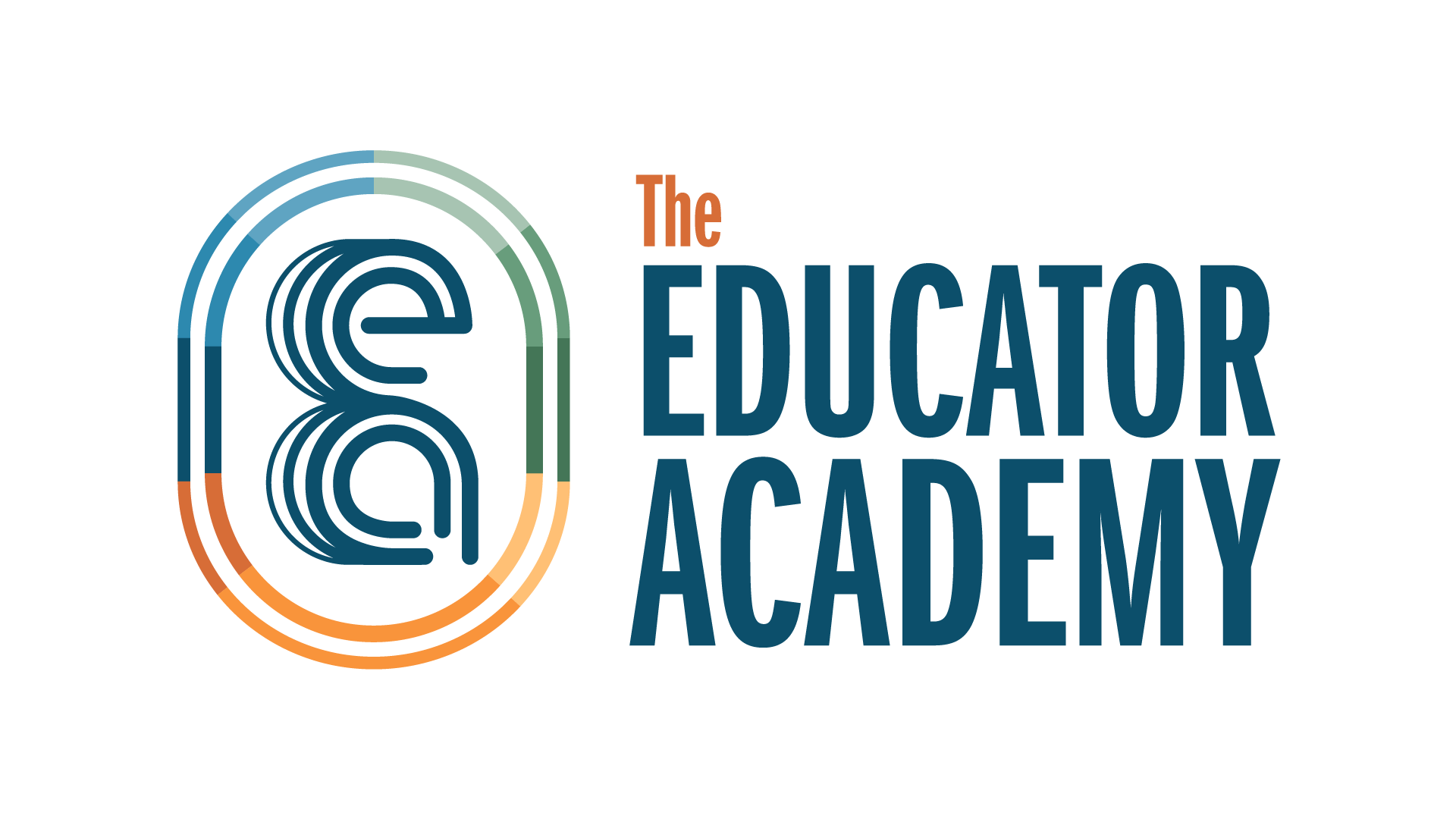
Check out this interview with Cohort 6 Resident, Deron Washington as he shares his experience in education and The Educator Academy Residency!
Note: this blog was transcribed from an interview done with Deron on December 8th, 2021. Edits have been made for ease of reading.
Interviewer: How did you find The Educator Academy? What led you here?
Deron: I’ve been a para here at Belton for two years. And through that experience, I learned that I like to teach and the principal saw that I was doing well and they asked me if I wanted to be a part of the The Educator Academy. And from there, I researched online, looked into all the stuff and I saw that I did want to do this. So then I joined.

Interviewer: There’s a lot of hard aspects of education right now, plus you’re in the Residency which can be a rigorous year. What does work life balance look like for you?
Deron: So with me personally, I utilize my The Educator Academy hour each day for doing a lot of my homework (Note: Residents spend Tuesday – Friday for the entire school day with their Mentor Teacher; out of that time they are allotted one hour to step outside of the classroom and complete their coursework homework and requirements).
I also schedule when I can do homework at home. You have to have a schedule. You have to outline for yourself “I have to get my homework done”, and then prioritize which homework needs to be done first. I usually start with what has the earlier due date, and then I go from there. My mentor and I work together well. If I have a lot going on I can name that for her and she can go and teach the class, and afterwards I can come back and teach. I don’t try to take too much of my work life home.
Interviewer: What area have you seen the most growth in as an educator?
Deron: So my first thing would be my pacing with ho manage the class. Deciding, “now we are moving on”, or we still need to look at this information a little more”. That has gotten a lot better. I usually just want to push, push, push, but that was just the football coach in me coming out. I learned from seminar and my coaches and my mentor that you’ve got to slow down.So after they shared that with me I know, “ okay, I can do that!” So timing and pacing has gotten a lot better.
Another thing has been effective questioning. That has also increased for me. I’m working to not just hand them the answer, but making them think and become independent learners. So rather than just being dependent on me as the teacher (Teacher, give me the answer!). they’re actually thinking through, “what does this look like in the real world and how do I actually answer this question?”

Interviewer: How has your background shaped your teaching approach?
Deron: I feel it’s been an impact for students. I grew up in this area. I grew up in this area, and I didn’t have many teachers who shared my background or experiences. I think students benefit from seeing a range of educators, especially in subjects like math and high school courses. Hopefully, The Educator Academy will continue bringing in a variety of educators so students can connect with different perspectives.
Interviewer: What does it look like on the ground to be with a mentor teacher as a Resident?
Deron: So when we started, it was just mainly her teaching and I was just observing all the moves that she did. If the kids are not participating she might walk over by them to use proximity as a tool for management. Now that I’m starting to learn, I usually start the lessons. Then we alternate who teaches at that point. So we go page by page when we plan and name this is what I’m going to own, this is what you’re teaching, and is what we’re going to do. She makes sure that I hit those things that I’m supposed to teach. It’s just fun working with her cause she lets me do my own stuff, so I can learn. If it goes bad, we reflect on it. She lets me try and I mess up. Failure is fine because we learn from failure. It’s not a bad thing if you fail. I’m glad I was partnered with her.
Interviewer: How do you acknowledge what students bring into the classroom while still focusing on learning?
Deron: Sometimes, students come in with things on their minds, whether it’s major events happening in the world or personal challenges. It’s important to recognize what they’re experiencing while also maintaining a structured learning environment. When students feel heard, they’re more likely to engage in class.
I also think it helps when students see that their teachers are people too. We have lives, emotions, and challenges just like they do. When you create a space where students feel comfortable and know they’re valued, they’re more likely to invest in the lesson and stay present in class. They’re more likely to engage in the content when they know that you’re also human.

Interviewer: What is a highlight of your teaching experience so far?
Deron: My full-day takeover. I had a lesson plan that I made, and I taught the students without help from my mentor. She was just back there taking notes. That was actually my first experience of, “so this is what it’s like to be a teacher”, and that was very rewarding to me. I was able to see that this is something I can do. Now I’m actually more excited to continue to learn and do my two-week takeover.
When you are teaching, it’s nice to see that light bulb moment when they actually understand the material. It’s great to know that you’re a part of them learning and being better leaders for the world. That’s a nice feeling. And I think that’s what brought me here is just seeing that light bulb and just the love for learning and the students.
Want to learn more? Join our Newsletter
Stay connected with the latest news, resources, and opportunities from The Educator Academy by signing up for our newsletter!

